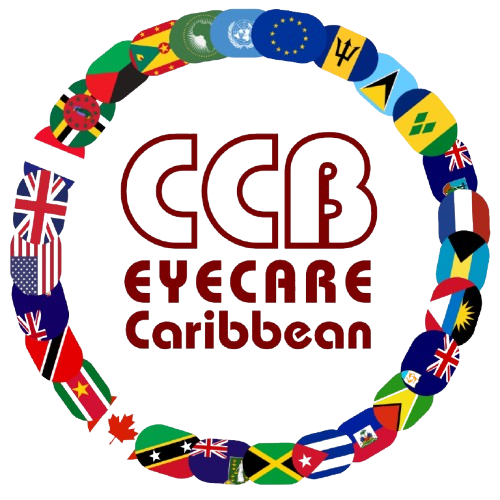FOR IMMEDIATE RELEASE
St John’s Antigua & Barbuda,March 12, 2013: World Glaucoma Week is a reminder to every one,that Glaucoma is a major public health concern. Because the disease is a leading cause of permanent blindness among adults in their middle years and older, it poses a significant potential challenge to the well-being of affected individuals, their families’ communities and national economies.
If findings from the Barbados Eye Study are extrapolated to the rest of the Caribbean four percent or close to 250,000 persons, in the English speaking Caribbean are living with Glaucoma and at least 11% of persons 60 years or older have Glaucoma. Global estimates suggest that more than 90% of persons, who are blind, live in developing countries. The harsh reality is that poverty and under developed Eye Health Services are among the leading causes of blindness in the Caribbean and around the World.
Because of the pervasiveness of unemployment and under employment, in most Caribbean countries, many who risk loosing their sight to Glaucoma, have to make the stark decision to forego a long overdue visit to the Eye Specialist, in order to put food on the table or pay for more immediate social and economic demands.
Furthermore, persons who receive a diagnosis of Glaucoma are often confronted with the life-long challenge of finding the money to pay for visits to the Doctor and purchase Glaucoma medications.
Unless Caribbean Governments make a strategic and fiscal decision to fund the training, recruitment and placement of increased numbers of: Refractionists, Optometrists and Ophthalmologists in the publicly funded Health Sector, members of the region’s middle classes, the near poor and the poor, will continue to loose sight to Glaucoma at an alarming rate.
Presently there are about one Optometrist to more than 150,000 persons living in the Caribbean. The Caribbean Council for the Blind (CCB) is committed to helping the Caribbean achieve the United Kingdom’s standard of one Optometrist to every 10,000 residents.
To that end, CCB commends the effort of the University of Guyana, the Government of Guyana the St Augustine Campus of the University of the West Indies (UWI) and the Government of Trinidad & Tobago, for joining our effort to increase the number of Optometrists available to the Caribbean. Both Universities are currently offering the UK-style Bachelor of Science in Optometry. Additionally, the University of Guyana has been training Refractionists for more than four years. Graduates of the Programme are now working in: Antigua and Barbuda, Guyana, Jamaica and St. Lucia.
In 2013, the UWI’s St. Augustine Campus will be graduating close to fifteen new Optometrists. By 2014, both the UWI and the University of Guyana will be graduating a combined total of close to 35 new Optometrists.
In order to achieve the UK’s current standard of one Optometrists to 10,000 residents, the Caribbean needs close to six hundred (600) practicing Optometrists, ten (10) times the current number. The CCB hopes that several other Universities will begin to offer the Programme over the next two years.
It is only when we have Refractive, Optometry and Ophthalmology Services being more accessible, affordable and available to the poor and near poor, that we will see a significant reduction in the prevalence of blindness from Glaucoma and other conditions which cause blindness in the Region.
Contact: Arvel Grant (CSW, B.Sc –SW (Hons) DPA, MPH.)
Chief Executive Officer
Tel: 1-268-770-0922
